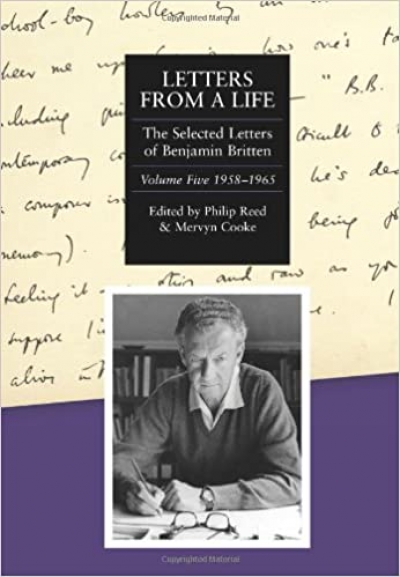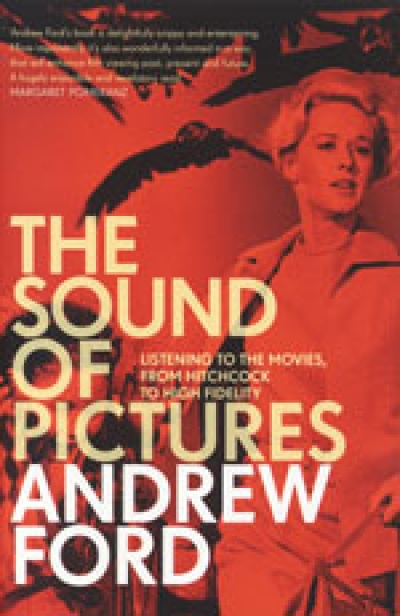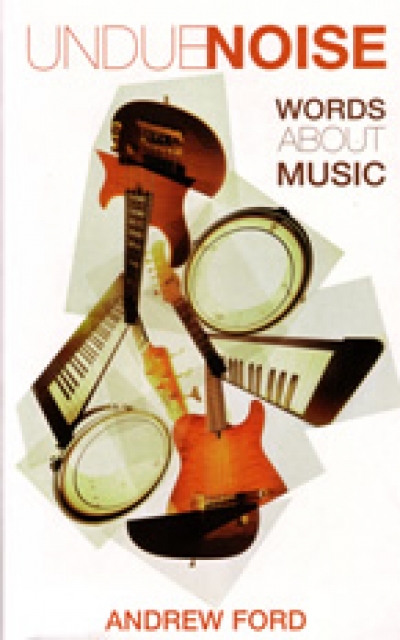Claudia Gorbman, in her ground-breaking and much-admired book Unheard Melodies: Narrative Film Music (1987), invites us to imagine an alternative cinematic universe, one in which music has never played a part. Imagine if this were the norm, and imagine, after years of being accustomed to films in which music was absent altogether, attending a film such as the 1940s weepie Mildred Pierce and hearing the ebb and flow of Max Steiner’s luscious orchestral score. ‘What sheer artifice this would appear to the viewer! What a pseudo-operatic fantasy world! What excess: every mood and action rendered hyperexplicit by a Wagnerian rush of tonality and rhythm! What curious music, as well – robbed of its properly musical structure, it modulates and changes color, chameleonlike, in moment-to-moment deference to the narrative’s images.’ Of course, film music does not always defer to the narrative’s images, but Gorbman makes a good point: our willingness to admit music – music which emanates from a source external to the action on screen – as a perfectly normal constituent of film. It is surprising that we don’t find music in film surprising.
...
(read more)



